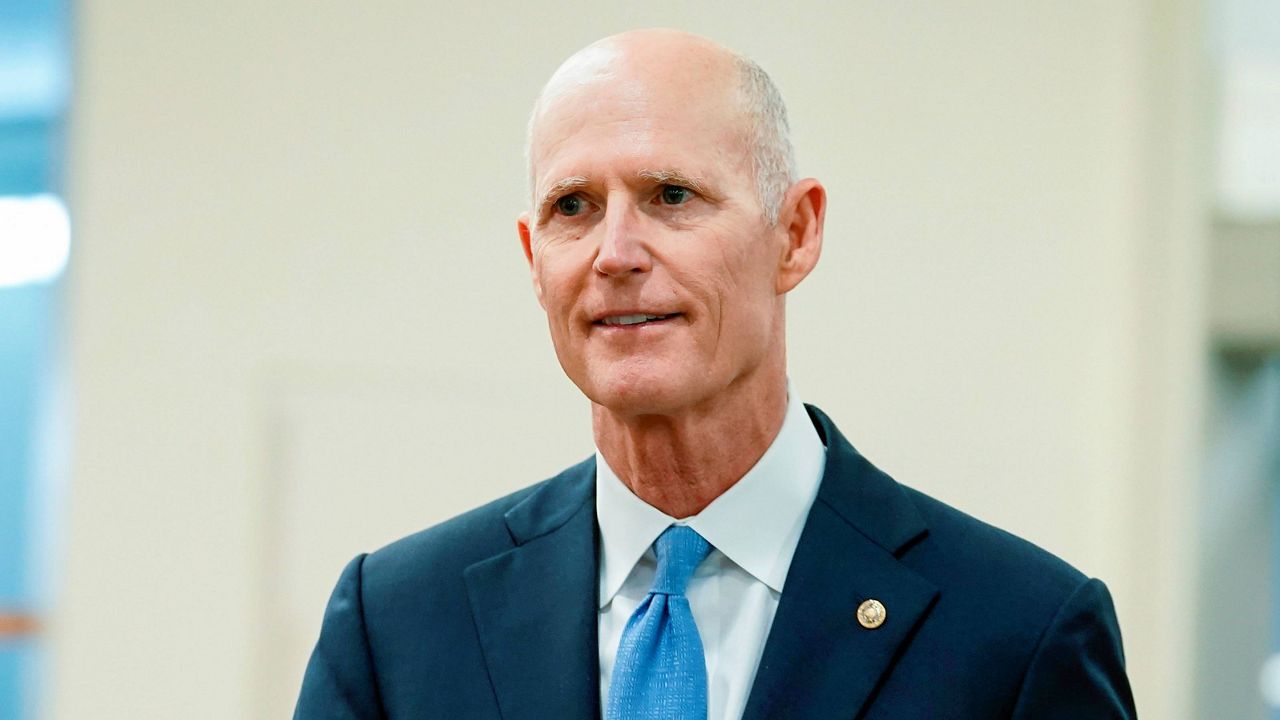FLORIDA — Voters have decided who will face off in the race for U.S. Senate in November.
Sen. Rick Scott won the Republican Primary, earning 84.4% of the vote. On the other side of the aisle, Debbie Mucarsel-Powell earning 69.4% in the Democratic Primary.
Scott’s closest opponent, Keith Gross, earned 9.1% of the vote, while Murcasel-Powell’s closest challenger, Stanley Campbell, earned 18.8% of the vote.
Tuesday’s results will shape the course of the election heading into November’s general election.
Mucarsel-Powell emerged as the front-runner in this Democratic primary. She enjoyed the support of much of the state party establishment, and she has raised the most money out of the four Democratic candidates.
Mucarsel-Powell served one term in the U.S. House of Representatives from 2019 to 2021, after beating a Republican in a Miami-area district that often goes to the GOP. She came to the U.S. from Ecuador when she was 14.
Mucarsel-Powell has largely focused her campaign message on Scott, hitting on topics such as Medicare, social security and abortion.
“Rick Scott has been very clear. He supports the six-week abortion ban. He has co-sponsored a national abortion ban. He voted against access to contraception and IVF. Some of the most extreme policies against women,” said Mucarsel-Powell.
Scott announced in May he planned to run for Senate Republican leader when current Majority Leader Mitch McConnell steps down. If he wins reelection, he’ll be up against Sens. John Thune and John Cornyn for the post.
Scott spoke at a rally in Tampa Sunday, where he worked to get people to vote. Earlier this year, he hosted a roundtable on fentanyl use in Kissimmee.





